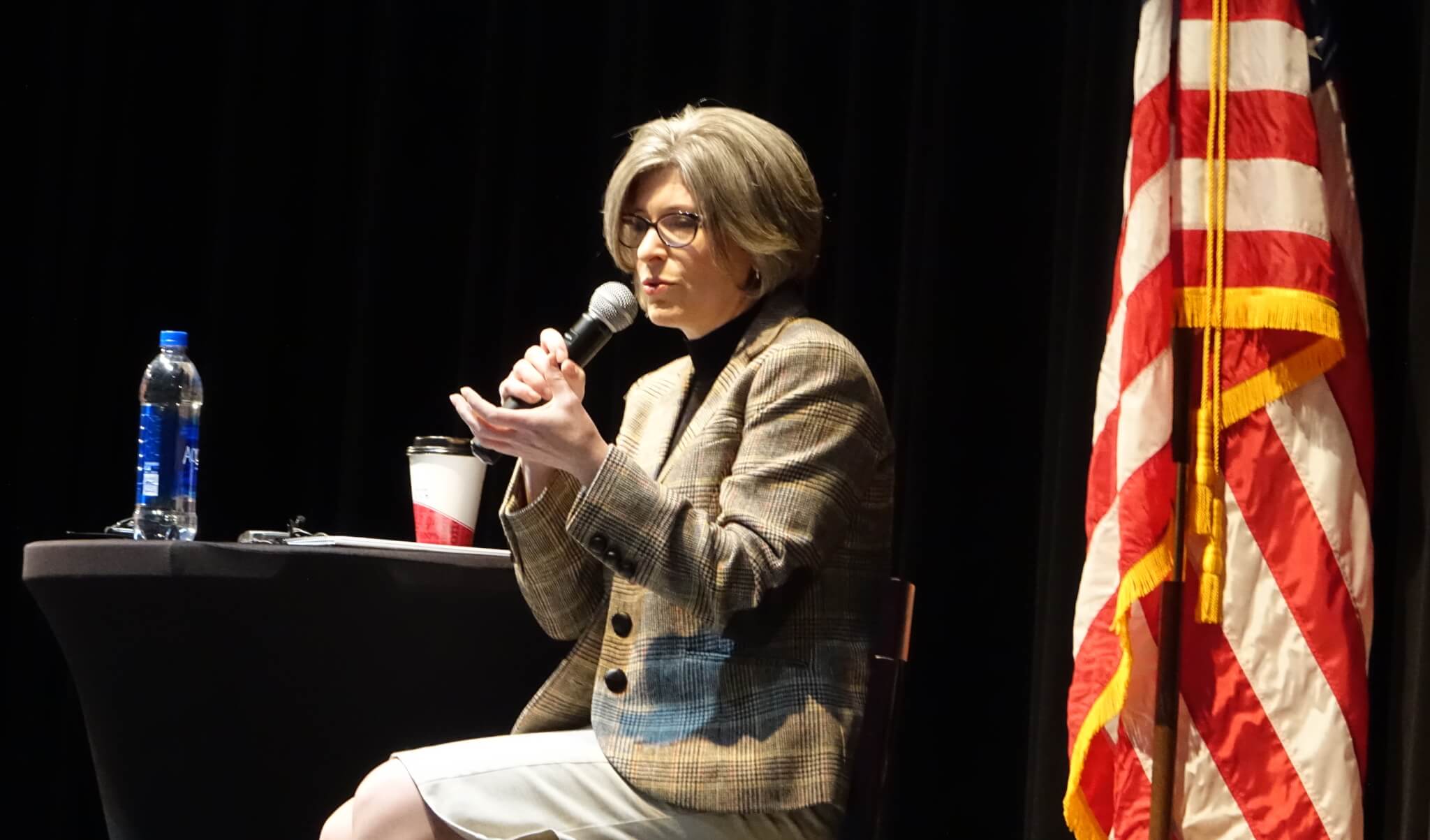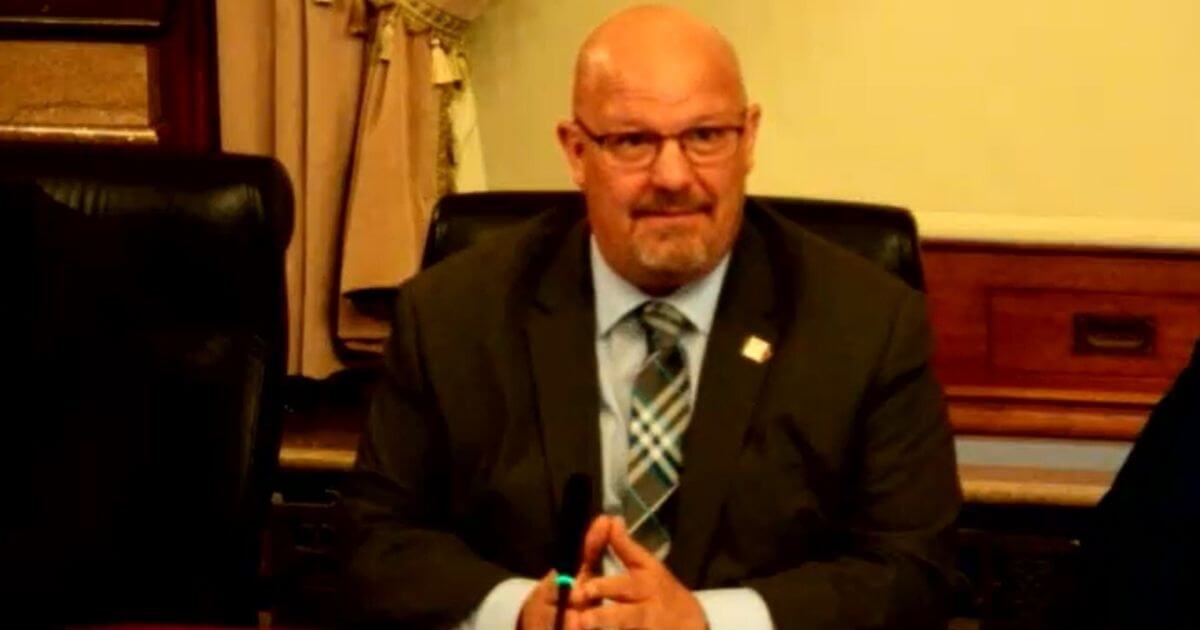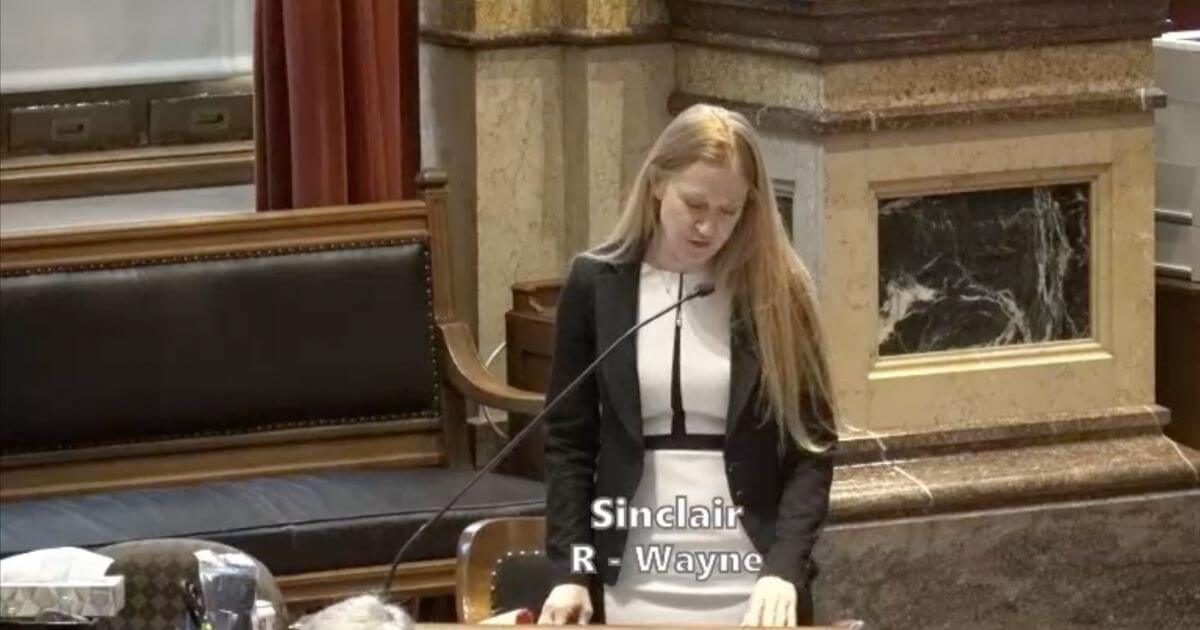
Iowa Senator Joni Ernst said she and Senator Chuck Grassley were able to slip messages about the Environmental Protection Agency’s proliferation of the Small Refinery Exemptions to Ambassador to China Terry Branstad before he met with President Donald Trump on Monday.
Ernst said at a town hall meeting in Rockwell City Thursday morning that Branstad and Trump were supposed to talk about negotiating a trade deal with China, but that it ultimately “evolved into an SRE discussion.”
“[Branstad] took my comments and comments from Senator Grassley and presented those to the President,” Ernst said. “I am expecting to have a visit with the President about this. I’m very, very disappointed. Ambassador Branstad was able to visit with the President face to face the other day, as well.”
She said any ground that was previously made on the biofuels front “was set back by the small refinery exceptions,” and added “I am thankful they denied six [waivers] but they should have denied many more.”
“My understanding is the President will have a principals meeting today to circle back and see how he can better support the American farmer,” Ernst added, which Reuters reported today did happen.
Ernst also said Branstad and Trump did talk about trade because “we really need a good deal out of China, but at the same time we need to know there will be an end in sight and there will be a good deal.”
“We will keep working with the President on that and the trade representative Robert Lighthizer to really put the pressure on China and really get the deal done,” Ernst said.
[inline-ad id=”0″]
Ernst said it will be easier to focus on China once the USMCA trade deal is complete, which is the proposed Trump trade deal between the United States, Mexico and Canada.
“You look at Iowa’s exports … the dollar figures that you export to those two countries outnumber the dollars exported in goods to the next 27 countries that Iowa does trade with,” Ernst said. “Mexico and Canada are very important to Iowa, so it’ll be important to get those deals done.”
“China will be the next really big issue to get done,” she said “I don’t like having so many trade deals up in the air at once. We need a little certainty out there, and if we could just get the USMCA off the table, that would be very, very helpful, then we could focus our attention on China.”
HEALTH CARE
Ernst responded to a round of questions about health care at the town hall, and said “people in certain groups will get really, really angry that I voted against the Affordable Care Act.”
“The ACA, or Obamacare as we call it — what it did was expand access to insurance to those who maybe didn’t have that access before,” Ernst said, “But did it do anything to address the health care costs?”
She argued it did not.
Ernst also claimed when she voted to repeal the ACA, there were plans to replace it.
“The media doesn’t talk about it,” she said. “Many of those plans would increase competition and cover pre-existing conditions.”
Iowa Voices, a local advocacy group, fact checked the Senator on that statement. They argued 1.3 million Iowans with pre-existing conditions could be at risk of paying more without the ACA, and quoted AARP, which said one of the Senate bills Ernst supported would have allowed states to waive or weaken requirements for services that must be covered by insurance and pre-existing condition coverage.
[inline-ad id=”1″]
EDUCATION
South Central Calhoun Middle School Principal Mark DeMoss told Ernst he has had problems finding and retaining teachers, even though the district raised starting teacher wages from about $32,000 to $40,000 within the last five years.
In response, Ernst said she wants to do away with the United States Department of Education.
“My idea has long been we don’t need a federal department of education,” Ernst said. “We can make these decisions in our own states.”
“We spent a lot of money on the Department of Education out in Washington D.C., and largely those are dollars that could be kept back in our home states rather than going to bureaucrats sitting in cubicles out there making decisions for you, not even knowing your students,” Ernst said. “I think it would be money well saved if we could eliminate some of those positions up there.”
Ernst said she would be open to doing away with federal requirements for schools and let states and local governments decide what’s best for students and their families.
“I think that you could do a much better job educating your children right here when we have Iowa standards that know our schools, know our needs and you can tailor that to the needs of your own students,” Ernst said.
The Senator then brought up school consolidation, saying there aren’t as many people living in rural Iowa as there were when she was a girl, and thought establishing rural broadband may help drive people back to rural areas.
by Paige Godden
Photo by Julie Fleming
Posted 8/22/19
Politics

Biden marks Earth Day by announcing $7 billion in solar grants
The Biden administration on Monday announced the recipients of its Solar For All Program, a $7 billion climate program that aims to lower energy...

6 terrifying things that could happen if the Comstock Act is used to target abortion
Does 1873 sound like a really, really long time ago? Well, that’s because it is—but if Republicans and far-right anti-abortion activists have their...
Local News

No more Kum & Go? New owner Maverik of Utah retiring famous brand
Will Kum & Go have come and gone by next year? One new report claims that's the plan by the store's new owners. The Iowa-based convenience store...

Here’s a recap of the biggest headlines Iowa celebs made In 2023
For these famous Iowans, 2023 was a year of controversy, career highlights, and full-circle moments. Here’s how 2023 went for the following Iowans:...




